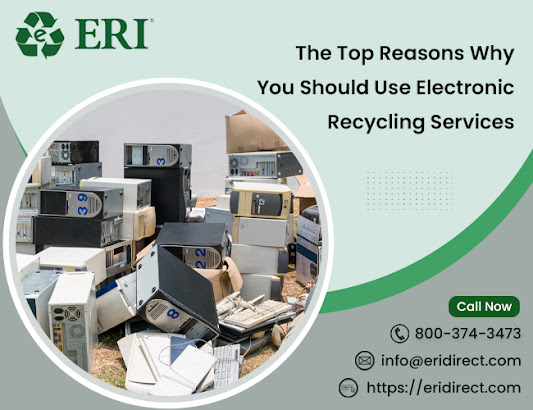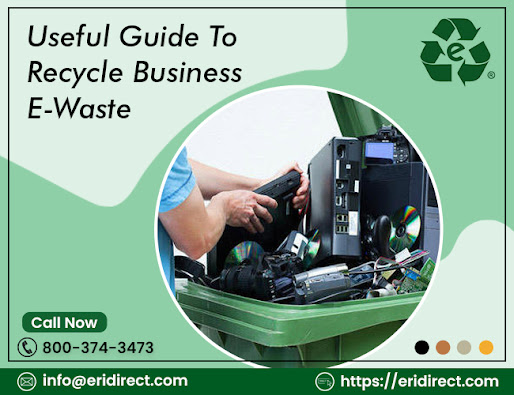The Challenges Of Lithium Ion Battery Recycling
The need for lithium-ion batteries has grown as the world's reliance on gadgets has grown. When it comes to disposal, these batteries present a considerable obstacle. Recycling lithium-ion batteries is crucial for cutting down on technological waste and safeguarding the environment during end-of-life hardware destruction. Yet, recycling lithium-ion batteries is a difficult process with several obstacles.
Challenges Of Li-On Batteries
- Collection
Of End-Of-Life Batteries
The collection of end-of-life batteries is one of the main difficulties in recycling lithium-ion batteries. From mobile phones to electric vehicles, lithium-ion batteries are utilized in many different gadgets, and it is challenging to collect these batteries. End-of-life battery collection programs are not yet formally in place. Many of these batteries thus wind up in landfills, where they may be hazardous to the environment. It's imperative to develop official collection systems for end-of-life batteries in order to address this issue. Government programs, public-private partnerships, and the construction of specialist recycling facilities can all help with this.
- Cost-Effective
Recycling Methods
The expense of the procedure is a major obstacle in lithium-ion battery recycling. Recycling is an expensive operation that necessitates specialized machinery. It is challenging to compete with the cost of recycling due to the low cost of virgin materials like lithium and cobalt. A change in how we think about recycling is necessary to meet this problem. We should consider it an investment in the future rather than an outlay of money. To lower the cost of the process, governments and businesses can develop incentives for recycling and invest in new recycling technologies.
- Environmental
Risks
Lithium, cobalt, and nickel are among the dangerous elements included in lithium-ion batteries. The environment and public health may be in danger from the inappropriate handling of these items. Making sure that the hazardous materials are handled correctly and aren't released into the environment is crucial during the recycling process. This can be accomplished with the aid of specialized tools, competent worker training, and stringent regulatory control.
- Lack
Of Standardization
There isn't a set standard for recycling lithium-ion batteries right now. It is challenging to guarantee that batteries are recycled effectively and sustainably due to the absence of standardization. It's critical to create industry-wide standards for lithium-ion battery recycling in order to address this issue. By doing this, it will be ensured that all batteries are recycled uniformly and that the procedure is the same at all recycling sites.
- Shortage
Of Recycling Facilities
Another major obstacle to recycling lithium-ion batteries is the lack of recycling facilities. It is challenging to manage the high volume of batteries that need to be recycled because there are currently only a few recycling facilities that can recycle lithium-ion batteries. The number of recycling facilities must rise in order to meet this problem. Public-private partnerships can be created to promote the development of novel recycling technologies, and governments and businesses can invest in the construction of new recycling facilities.
The Bottom Line
The recycling of lithium-ion batteries presents significant challenges that must be addressed. From the collection of end-of-life batteries to the cost of recycling and the environmental risks, there are several obstacles that need to be overcome. However, by establishing formal collection systems, investing in new recycling technologies, and creating industry-wide standards, we can ensure that lithium-ion batteries are efficient and environmentally friendly. The shortage of recycling facilities can also be overcome through increased investment in new recycling facilities. By overcoming these challenges, we can reduce electronic waste, protect the environment, and create a sustainable future. If you have end-of-life hardware that needs to be destroyed, consider using electronic waste data destruction services to ensure safe disposal.
MORE RESOURCES:-



